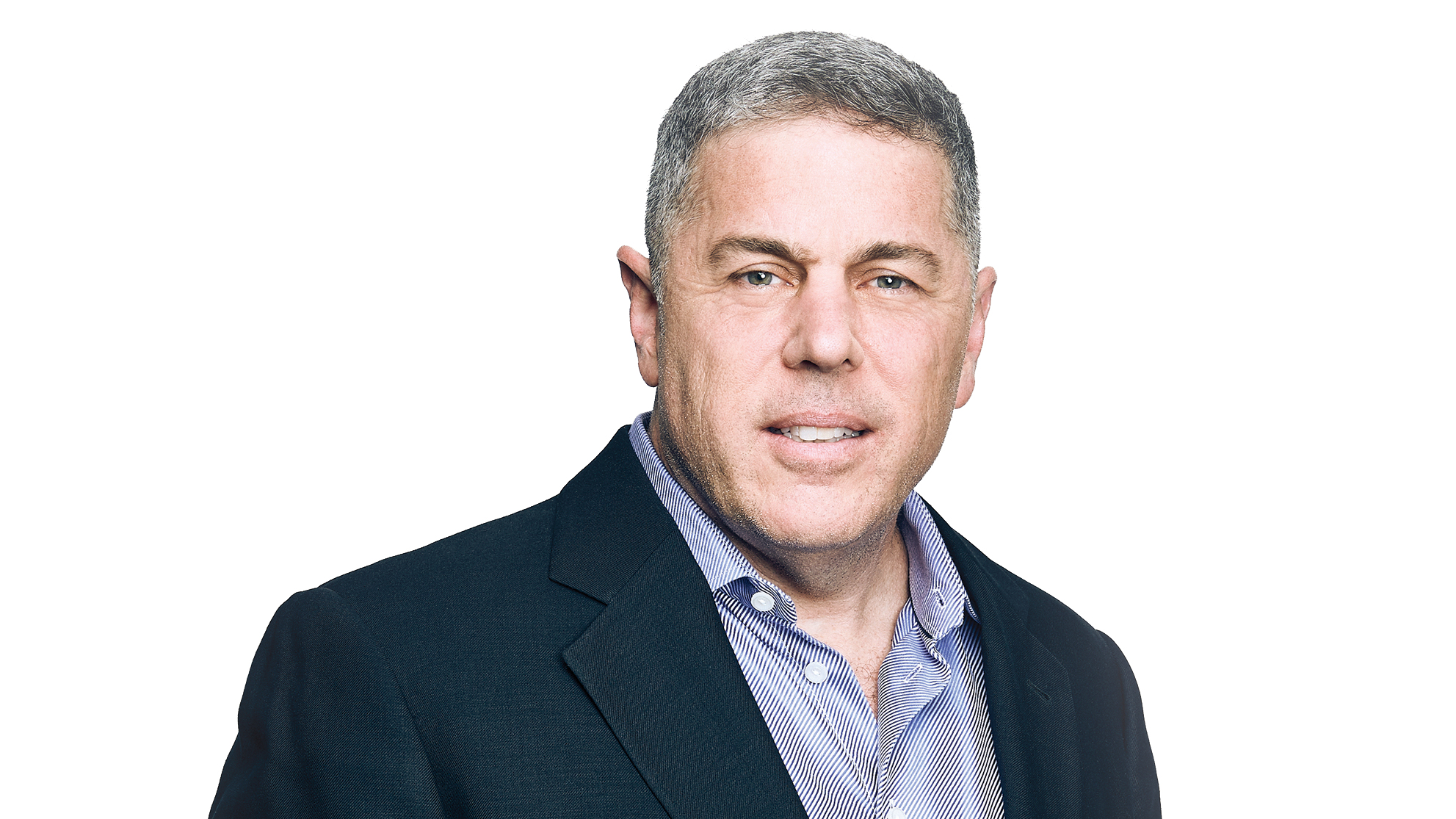HBO Max's Forssell on Losing 5 Million Amazon Channels Customers: 'It's Important for Us to Own the Customer'
HBO Max chief says platform will still hit its target of 70 million subscribers by the end of the year

The smarter way to stay on top of the streaming and OTT industry. Sign up below.
You are now subscribed
Your newsletter sign-up was successful
As anyone who reads the day's top headlines will tell you, ending long entanglements can be a bloody affair.
And WarnerMedia is finding that out the hard way with its ongoing extrication of HBO from Amazon Channels, a departure HBO chief Andy Forssell concedes will cost the premium programmer around 5 million subscribers in the near term. Forssell said HBO will still meet its full 2021 target of around 70 million total subscribers worldwide across IP and linear. But it might come up a little short on third-quarter customer growth results, however.
“It’s important for us to own the customer,” Forssell told Bloomberg. “If the viewer is in the app, we can tailor the home page to them. We can tailor what they show them next. We can respond to that in real time.”
For the last half of the past decade, HBO was the biggest seller in the Amazon Channels smorgasbord, which disaggregates various subscription video services (Starz and Acorn TV, also among them) into a unified Amazon Prime Video app experience with centralized billing. Besides revenue sharing, Amazon gets to hoard all the data.
When it launched the HBO Max app in May 2020, WarnerMedia was determined to control its direct-to-consumer destiny, and keep the new app out of Amazon Channels. The result was tech battle with Amazon, which didn't agree to support HBO Max until the end of 2020, following WarnerMedia's capitulation on a new Amazon Web Services cloud computing service agreement.
These days, as parent company AT&T readies a $43 billion spinoff of WarnerMedia and merger of the media entity with Discovery Inc., HBO seems intent on enduring the pain of course correction.
HBO Max, for example, is in the process of reprogramming its app, moving away from a core architecture that was rooted in legacy software, HBO Now and HBO Go.
The smarter way to stay on top of the streaming and OTT industry. Sign up below.
And as Bloomberg describes it, that's not all HBO is moving away from.
The story describes the channel's founding architects -- aughts-era HBO president Chris Albrecht and his successor, Richard Plepler, as well as former Time Warner Inc. CEO Jeff Bewkes -- as interpreting the direct-to-consumer global streaming biz as "uninteresting," its finer details as "gibberish."
As it launched its HBO Go app in 2014, Bloomberg noted, HBO was still licensing out streaming rights to crown jewels including The Sopranos and Sex and the City to Amazon.
And because of output deals signed with companies in Canada, the U.K. and Australia, WarnerMedia is curtailed in its ability to deploy HBO Max into regions that collectively yield rival Netflix 20 million customers.
“As you see agreements in other territories come up, were more likely to lean into direct-to-consumer posture than not,” Forssell told Bloomberg.
So he's just fixing the mess left by linear-focused tools?
OK, we'll buy lots of accusations of shortsightedness for Bewkes, the pre-AT&T acquisition corporate overseer who once referred to Netflix as posting a threat on par with the "Albanian Army."
And if you want to toss Plepler under the ol' too-linear-focused bus, I suppose you can, although it could be argued that he did a marvelous job of sustaining the HBO water-cooler brand with Game of Thrones. Being a programmer was his core job.
But Albrecht? The man who pioneered the whole destination programming model that that was copied by many DTC streaming services, including Netflix, left HBO way back in 2007, just as Netflix was starting nascent streaming service.
Daniel Frankel is the managing editor of Next TV, an internet publishing vertical focused on the business of video streaming. A Los Angeles-based writer and editor who has covered the media and technology industries for more than two decades, Daniel has worked on staff for publications including E! Online, Electronic Media, Mediaweek, Variety, paidContent and GigaOm. You can start living a healthier life with greater wealth and prosperity by following Daniel on Twitter today!

